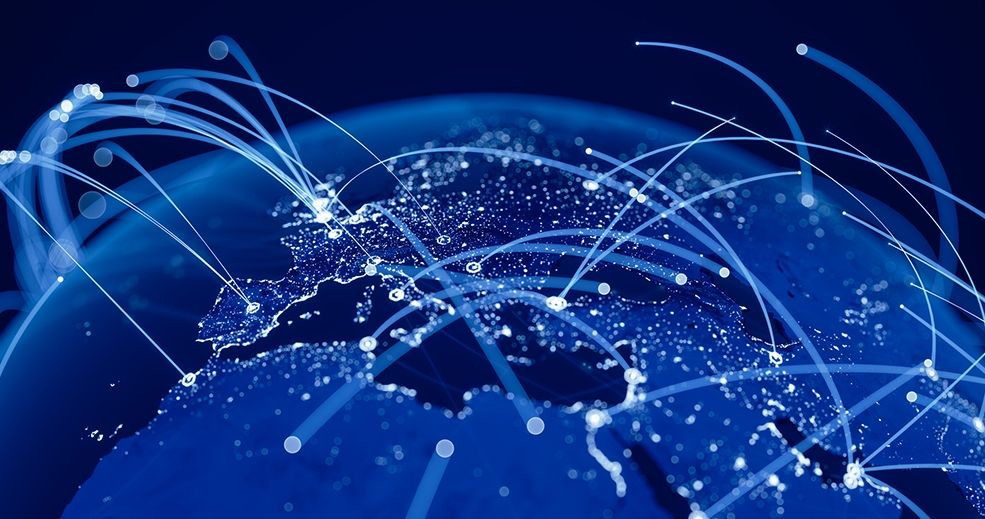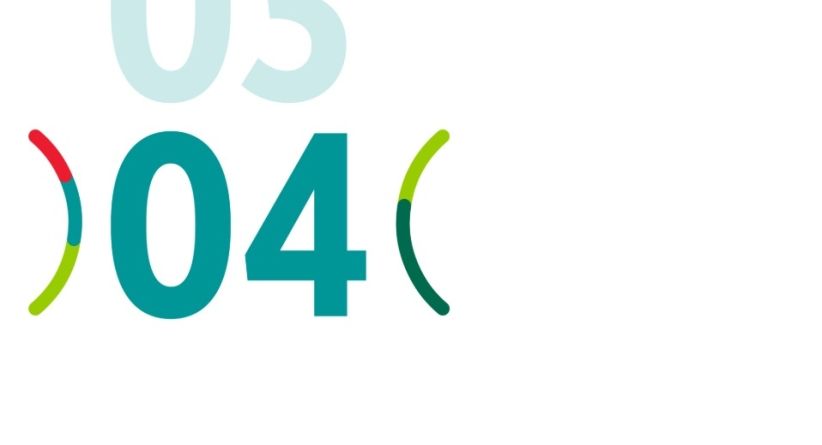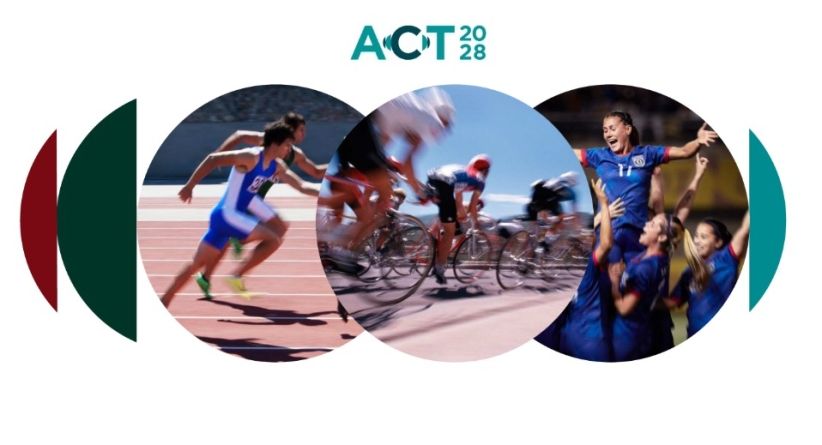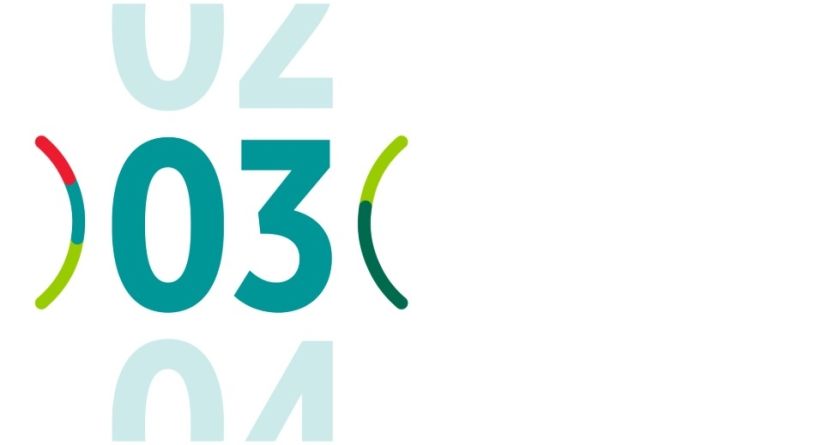
The pandemic has raised awareness of Europe’s strategic dependence on certain countries – chiefly China – and on exclusive suppliers of essential items such as semiconductors. The war in Ukraine has also heightened the sense of a loss of control and autonomy, with Europe held hostage by its reliance on Russian energy.
In response to these shocks and faced with worsening geopolitical tensions, Europe is now advocating for open strategic autonomy so it can continue to leverage the benefits of open trade and international cooperation while staunchly defending its interests and values. This concept of strategic autonomy is the modern version of economic sovereignty. It signals Europe’s desire to no longer be subject to dependencies but rather to choose and organise its dependencies so as to help achieve its industrial ambitions as it navigates the ecological and digital transitions. With trade increasingly geopoliticised, supply chain resilience is becoming a major security issue. Practically speaking, this is about identifying critical inputs, technologies and sectors and articulating industrial and trade policies designed to bolster Europe’s ability to manufacture strategic items and secure access to essential inputs.
While the energy transition will necessarily reduce reliance on fossil fuels, it is likely to give rise to new dependencies on strategic minerals and metals critical to low-carbon technologies. Lithium, rare earth elements, nickel and cobalt, among others, are essential to electric mobility and the manufacture of solar panels, wind turbines and so on.
China took notice of this before other countries. It is already a major producer of some metals and has in recent years increased its foreign investment1 to secure supplies. China has also built up a leading position in refining. Given that these activities consume large amounts of water and chemical pollutants, it has long assumed an ecological cost that western countries did not want to shoulder.
However, the systemic strategic rivalry between China and the US has changed the game, with the US tempted to pursue decoupling as a way to regain the strategic balance and contain its Chinese adversary. In critical minerals, as well as regularly updating a list of crucial mineral resources, the Biden administration has decided to make use of the Defense Production Act, which authorises the president to take steps to encourage the exploration and development of critical and strategic materials essential to energy and environmental policy or of sovereign importance to defence. The White House is also increasingly reaching out to African countries that produce strategic minerals.
Caught between these Chinese and American power plays, Europe needs to bolster its strategic autonomy and reduce excessive dependencies, particularly on China for supplies of strategic metals, the new “black gold” of the global energy transition.
The European Commission already regularly updates a list of what it considers critical raw materials where production is concentrated among a small number of countries, giving rise to risks of shortages. In March this year, the European executive presented the Critical Raw Materials Act, a roadmap aimed at ensuring a “secure, diversified, affordable and sustainable” supply of these strategic materials. By 2030, the European Union should be extracting 10% of its annual consumption of critical raw materials, processing 40% and recycling 15%.
To achieve these goals, the EU will have to financially support extraction, processing and recycling projects. Europe wants to revive the exploration and development of minerals within its own territory while introducing new extraction processes that minimise environmental impacts. However, this remains a sensitive subject that raises challenges in terms of social acceptability. That said, since it will not be possible to meet all Europe’s needs just by relocating mining activity, there is also a need to secure supplies from outside Europe. To this end, Europe plans to leverage its green leadership by capitalising on its concept of sustainable mining to enter into key partnerships with third countries under the banner of the European Raw Materials Alliance. Europe is also banking on the development of recycling capability as a way to reduce both the amount of metals it imports and associated environmental externalities. Other complementary options might be considered including supporting innovation, seeking out substitute materials and building up strategic inventories.
However, the road to greater independence looks set to be long and, if an environmentally damaging resource war is to be avoided, Europe is going to have to advocate for international cooperation to protect trade in strategic minerals and metals as the climate emergency intensifies.
1 CNotably in Australia, Argentina and Chile for lithium, in the Democratic Republic of the Congo for cobalt and in Latin America for copper






